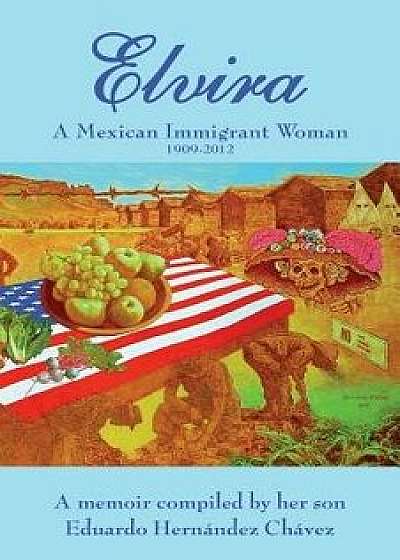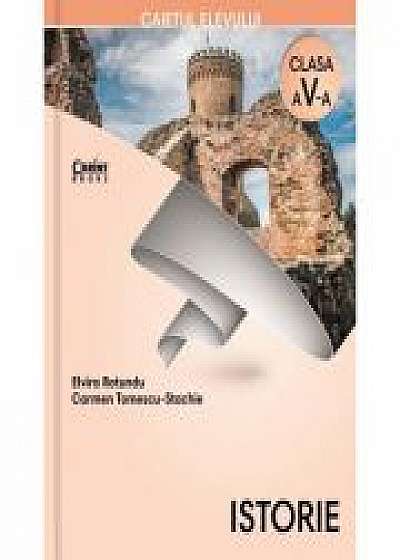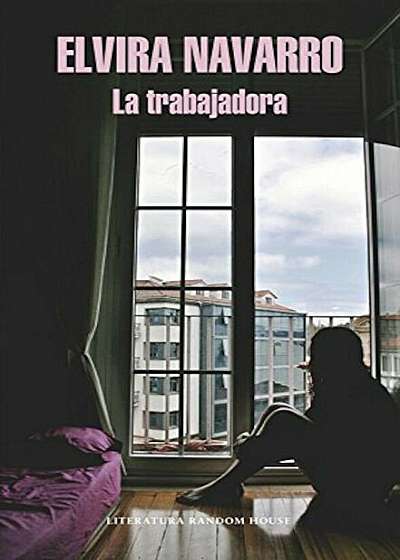
Elvira: A Mexican Immigrant Woman, Paperback/Eduardo Hernandez Chavez
Descriere
Contributor(s):Narrated by: Elvira C. Hernandez Compiled by: Eduardo Hernandez Chavez Translator: Eduardo Hernandez Chavez ELVIRA is the POIGNANT LIFE STORY OF A GIRL whose family IMMIGRATED TO THE UNITED STATES to escape the violence of the MEXICAN REVOLUTION (1910-1921). Her father, Jacobo Ch vez, first found WORK ON THE RAILROAD in Texas and far-away states. Remaining in El Paso, the WOMEN were obliged to LIVE IN CRAMPED BOXCARS WITH THEIR CHILDREN and to SEEK WORK AS DOMESTICS. Later, her father found a better paying job in the MEAT-PACKING PLANTS OF KANSAS CITY. Fatefully, the Chavezes were then RECRUITED TO SCOTTSBLUFF, NEBRASKA where the ENTIRE FAMILY - some as young as five years old - LABORED IN THE SUGAR-BEET AND POTATO FIELDS. Elvira weaves into her FAMILY HISTORY heartrending stories of BACKBREAKING LABOR, ILLNESS AND DEATH, and the challenges of RACISM and of LIFE BETWEEN TWO VERY DIFFERENT CULTURES. TUBERCULOSIS strikes several family members. Poisonings from BOOTLEG WHISKEY. RACIAL CONFLICT with Anglo-Americans and Blacks. SUPPRESSION OF SPANISH by teachers. Severe RESTRICTIONS ON GIRLS' BEHAVIOR. CONTROL of family members BY PATRIARCHAL MEN. MEXICAN CULTURAL PRACTICES: courtship and marriage; festive celebrations. Now married, Elvira and her husband Maique STRIVE TO MAKE A BETTER LIFE for their family. Maique frees himself from his FATHER'S DOMINATION. After many years of day labor, they manage to rent their own farm and BECOME SHARECROPPERS. HER CHILDREN graduate and leave home to FIND MEANINGFUL LIVES IN AMERICAN SOCIETY. Elvira ENDURES THE EARLY DEATHS of her husband and two of her sons. She STRUGGLES TO SURVIVE in the face of a meager education and her lack of skills other than farm work. She is forced to take a series of menial jobs to SUPPORT TWO YOUNG SONS. She seeks out and becomes successful in positions ADVOCATING FOR MIGRANT FARMWORKERS, ORGANIZING A WOMEN'S SENIOR CENTER, AND SERVING AS A "FOSTER GRANDMOTHER" IN A MIGRANT CHILD CARE CENTER.





